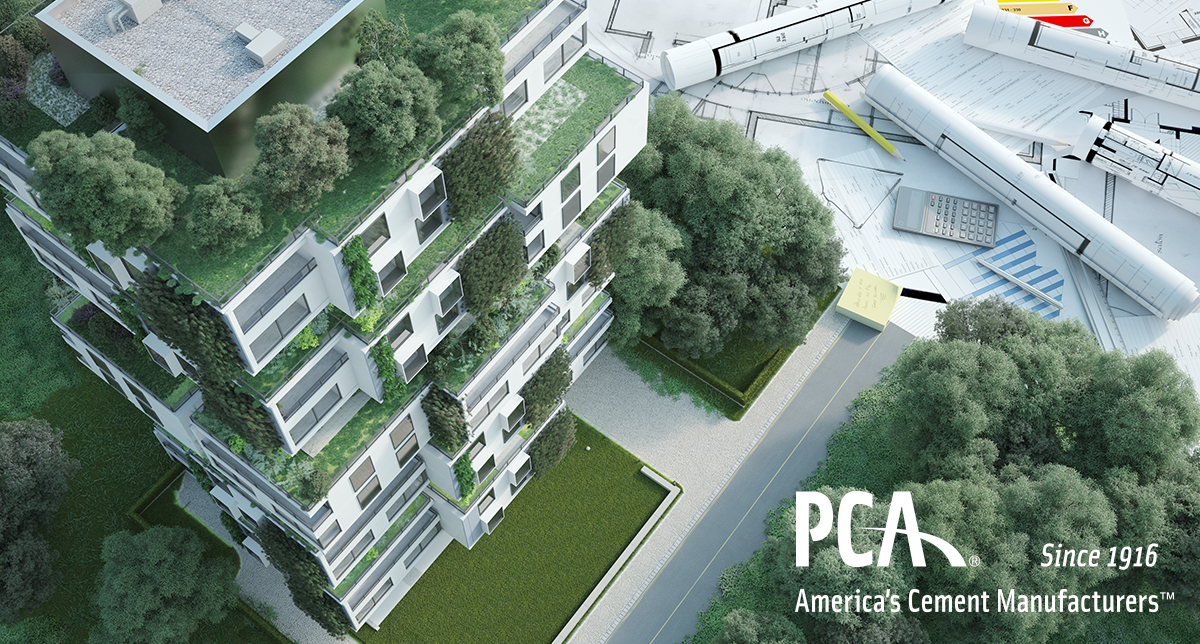Michael Ireland
President and CEO at Portland Cement Association
The cement and concrete industry is taking significant steps toward addressing climate change and emissions. Late last year, the Portland Cement Association announced plans to develop a roadmap for its member companies to achieve carbon neutrality across the concrete value chain by 2050.
To reach this goal, it is imperative that we have partnership from stakeholders along the concrete value chain; we cannot address this problem alone. Only by working together as an industry can we hope to realize the multitude of solutions that must be developed across policies and regulations, technology and innovation and demand generation.
The United States industry aligning under a formal and measurable commitment to reduce emissions comes at a critical time in our country. As the U.S. transitions into a Biden administration, our industry is optimistic about the potential of environmental progress being made in a bipartisan manner. We are hopeful for the opportunity to further collaborate with federal officials and work together to achieve our shared climate goals.
Additionally, the economic and health crisis brought on by COVID-19 represents an opportunity to build back better. Responsible leadership in the manufacturing and use of cement and concrete will be a critical part of creating a more sustainable built environment and future. After all, cement and concrete are the foundation of our homes, connect our communities, encourage trade and enable prosperity.
The cement and concrete industry will be a leading voice in enabling the construction sector to rise and meet this challenge. With the formation of PCA’s new Sustainability Council, comprised of sustainability experts from our members companies, and with input from external experts, we will develop the roadmap that will guide us on perhaps the most ambitious decarbonization journey ever attempted.
Cement manufacturers have a history of innovation and modernization. Cement and concrete was one of the first industries to address climate issues in the mid-1990’s reducing energy consumption by more than 35% while actually increasing production. Investing in new innovative technologies and working with academic partners like the MIT Concrete Sustainability Hub will be key to ongoing research efforts. The roadmap will also explore how to stimulate demand for low-carbon materials, from building awareness to educating architects and developers on the latest sustainable options. We are proud to accelerate those efforts even further by developing this roadmap toward carbon neutrality.
We are committed to addressing climate change and supporting a sustainable circular economy, and this roadmap will enable PCA’s member companies to continue building a better future.
